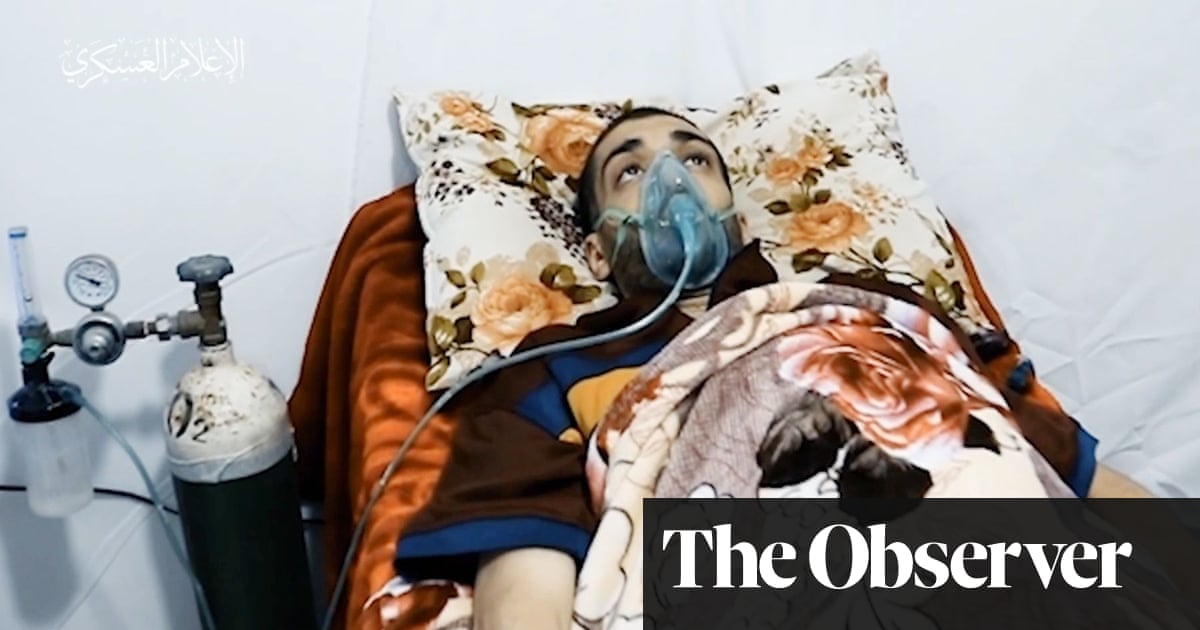
Alia Ghanem, the mother of Osama bin Laden, discussed for the first time dramatic details about the recruitment of her son and his relationship with the Muslim Brotherhood through Abdullah Azzam, the well-known Muslim Brotherhood leader who was later exiled from Saudi Arabia and became Osama’s spiritual adviser.
“The people at university changed him,” Ghanem said during an interview with the Guardian at the familys home in Jeddah in the presence of her other two sons, Osama’s half-brothers, Ahmed and Hassan.
Osama became a strong, driven, pious figure in his early 20s, she says, while studying economics at King Abdulaziz University in Jeddah, where he was also radicalized. It was at the university where he met Azzam.
Alia considered that her son was “pretty much brainwashed him in his early 20s. You can call it a cult. They got money for their cause. I would always tell him to stay away from them, and he would never admit to me what he was doing, because he loved me so much.”
The Guardian reported that Osama bin Laden’s family were cautious in the initial negotiations leading to the interview. They were not sure “whether opening old wounds will prove cathartic or harmful”. But after several days of discussion, they were willing to talk and the interview was conducted in early June in the presence of a translator and a minder, who did not attempt to influence the conversation.
Hanging on the wall between family heirlooms and valuables, was a framed photograph of Alia’s firstborn son, Osama. In the picture, he was smiling and was wearing a military jacket.
Also present were Alia’s two of her surviving sons, Ahmad and Hassan, and her second husband, Mohammed al-Attas, the man who raised all three brothers.
“He raised Osama from the age of three. He was a good man, and he was good to Osama,” she described her husband.
Everyone in the family has their own story to tell about Osama, but Ghanem described him a man who is, to her, still a beloved son who somehow lost his way. “My life was very difficult because he was so far away from me,” she says, speaking confidently, adding: “He was a very good kid and he loved me so much.”
Hassan, Osama’s youngest brother, continues the story describing how everyone who met him in the early days respected him. “At the start, we were very proud of him.”
“He taught me a lot. But I don’t think I’m very proud of him as a man. He reached superstardom on a global stage, and it was all for nothing,” he continues.
Back to Ghanem who described how she divorced Osama’s father three years after her son was born, and then married al-Attas, who was an administrator in the fledgling Bin Laden empire back then in the early 1960s. Osama’s father went on to have 54 children with at least 11 wives.
Bin Laden’s legacy remains a heavy burden on everyone related to him. The Guardian met with Prince Turki al-Faisal, who was the head of Saudi intelligence for 24 years, between 1977 and September 1, 2001 (10 days before the 9/11 attacks), at his villa in Jeddah.
When asked to describe Osama, Prince Turki said: “There are two Osama bin Ladens. One before the end of the Soviet occupation of Afghanistan, and one after it. Before, he was very much an idealistic mujahid. He was not a fighter. By his own admission, he fainted during a battle, and when he woke up, the Soviet assault on his position had been defeated.”
According to officials in Riyadh, London and Washington DC, Bin Laden became the world’s number one counter-terrorism target. “There is no doubt that he deliberately chose Saudi citizens for the 9/11 plot. He was convinced that was going to turn the west against his ... home country. He did indeed succeed in inciting a war, but not the one he expected,” a British intelligence officer told the newspaper.












